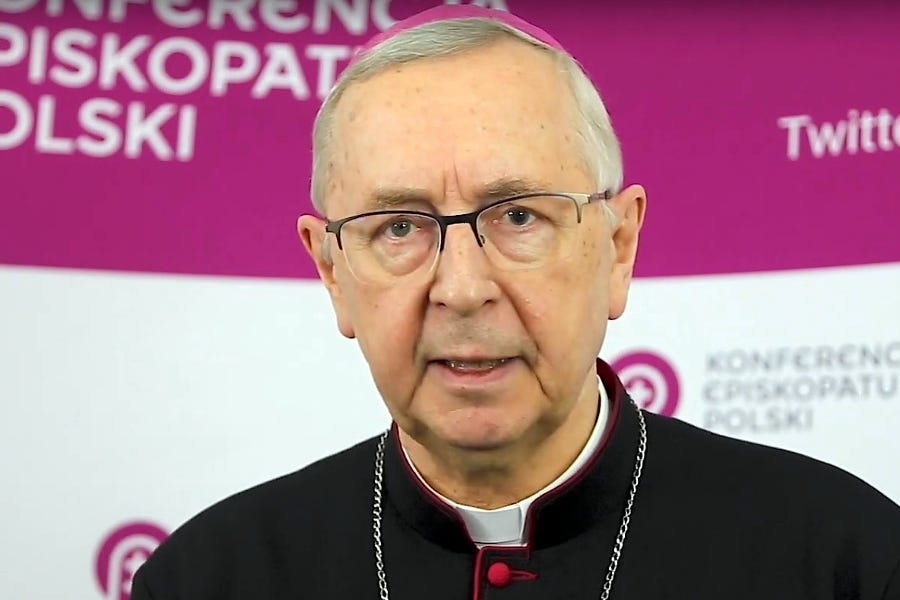Who will be the next Polish bishops’ conference president?
Longtime president Archbishop Gądecki is due to step down next month, but who is in the line to succeed him?
Poland’s bishops are due to meet this spring to elect a new president of the country’s bishops’ conference.

The election is likely to be watched closely by the Polish media as Church-state relation…
